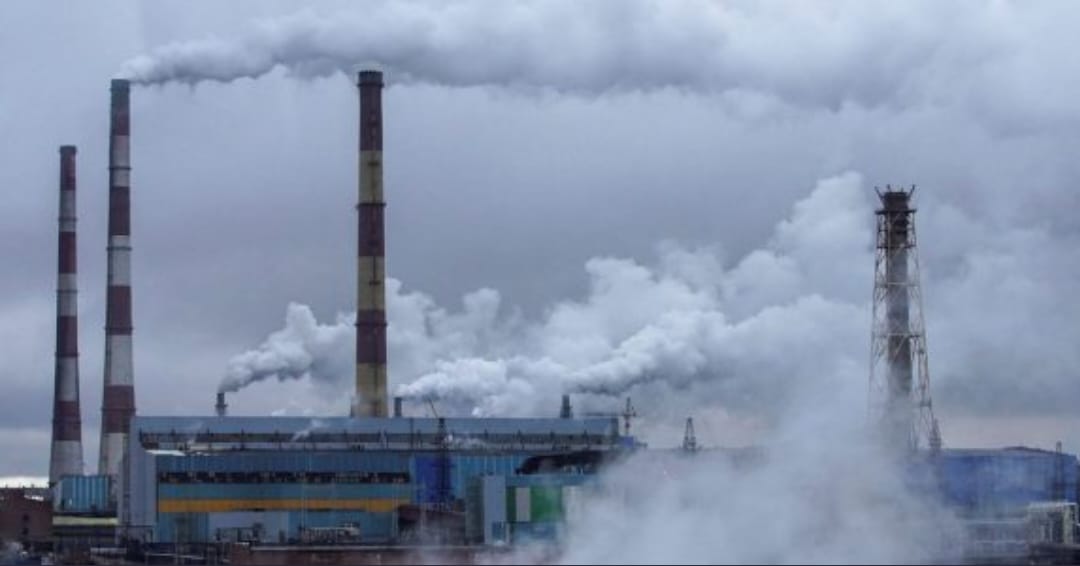
Calls for global action on the impact of global warming on human health have led to the inaugural “health day” at the upcoming UN climate talks. The World Health Organization identifies climate change as the most significant health threat, emphasizing the need to limit warming to 1.5 degrees Celsius to avert catastrophic consequences. Despite this, current carbon-cutting plans put the world on track for a 2.9C increase. Vulnerable populations, including children, women, the elderly, migrants, and those in less developed countries, face heightened risks.
“Extreme heat is anticipated to be a major concern, with this year expected to be the hottest on record,” warns experts. Last summer alone, heat contributed to over 70,000 deaths in Europe. The Lancet Countdown report highlights a substantial increase in heat-related deaths among those over 65. Droughts linked to warming may exacerbate hunger, affecting 520 million people by 2050.
Air pollution, exceeding WHO guidelines for 99% of the world’s population, causes over four million deaths annually. Fossil fuel-driven pollution poses risks comparable to tobacco, leading to respiratory diseases, strokes, heart disease, and more. While spikes in pollution trigger immediate issues, long-term exposure is deemed more harmful. Efforts to reduce coal burning have, however, led to a 16% decrease in deaths from air pollution.
Climate change facilitates the spread of infectious diseases as vectors like mosquitoes extend beyond their usual habitats. Diseases like dengue, chikungunya, Zika, West Nile virus, and malaria pose heightened risks. The Lancet Countdown warns of a 36% increase in dengue transmission with a 2C warming. Storms and floods create breeding grounds for disease-carrying mosquitoes and elevate the risk of waterborne diseases like cholera.
Beyond physical health, climate change contributes to mental health concerns, fueling anxiety, depression, and post-traumatic stress. The term “climate anxiety” has seen a 27-fold increase in online searches compared to 2017, reflecting a growing psychological impact on individuals grappling with the consequences of a warming planet.

Post Your Comments